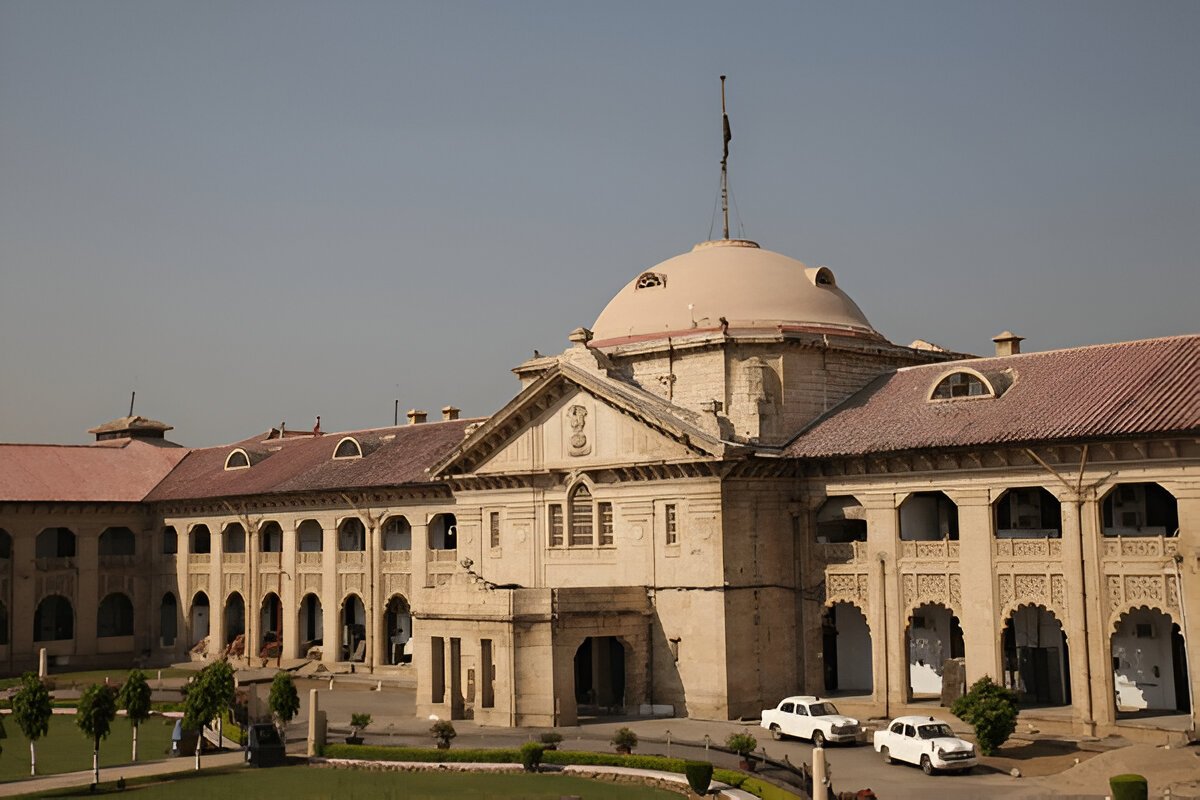Facts of the case
Durga Prasad built two-grain markets in Etawah at the request of the District Collector. These markets were named Hume Ganj and Ram Ganj. Durga invested a lot of money in setting up a shop and acquiring property in these markets. The respondent rented a shop there. Since Durga had made significant investments in the business, he also became a commission agent. Eventually, after discussions, the appellant and local shopkeepers agreed to pay Durga a commission of 8 Annas. In 1875, they decided to lower the commission to 6 Annas. On June 22, 1875, Durga attempted to formally register with the merchants when they paid the commission, but some shopkeepers refused, thereafter Durga filed this lawsuit.
Issue Before the Court
The issue before the Court was-
- “If the above-said agreement constitutes a valid contract.
- If the above-said agreement can be enforced by the law.”
Arguments before the Court
The appellant argues that they were promised a yearly payment in exchange for their services, which included securing a commission. They believe this promise created an obligation that should be enforced. On the other hand, the respondent contends that the appellant was not the intended recipient of such a commitment. Since the appellant was not the type of party the promise was meant for, the respondent argues that they are not legally required to fulfill the payment.
Analysis of the Court
The Sessions Court examined the case under Section 2(d) of the Indian Contract Act, 1872. The court noted that Durga Prasad had invested his own resources and efforts into constructing the market and later renting out shops. However, the court ruled that the agreement requiring the respondent to pay a commission was invalid. The reasoning was that Durga Prasad had not provided any direct benefit to the respondent; instead, he built the market to satisfy the collector’s requirements, a process that took over a decade. Consequently, the court dismissed the suit.
Durga Prasad then appealed to the Allahabad High Court. The High Court analyzed whether the expenses incurred by Durga Prasad in constructing the market were specifically for the respondent’s benefit. The court found no evidence that the respondent had requested or directly benefited from the construction. For a contract to be enforceable under Section 25(2) of the Indian Contract Act, there must be clear past consideration benefiting the promisor. In this case, since Durga Prasad built the market for the collector’s approval rather than for the respondent, the court ruled that no valid contract existed. As a result, the appeal was dismissed.
Concluding Remark
This case highlights the importance of consideration in contract law. While Durga Prasad expected compensation for his efforts, the courts determined that his actions did not meet the legal definition of consideration since they were not performed at the respondent’s request or for their benefit. Without valid consideration, the contract was deemed void, and the respondent was not obligated to pay the commission.

